Above the range in the kitchen at Charleston House is a painted inscription: ‘Grace Higgens worked here for 50 years & more, she was a good friend to all Charlestonians.’ The words are those of the art historian Quentin Bell, once one of Grace’s young charges.
Grace was taken on by the Bloomsbury group painter Vanessa Bell in 1920 to be nursemaid to her three children: Julian, 12, Quentin, nine (by her husband Clive Bell) and one-year-old Angelica (by her friend and lover Duncan Grant).
She was the heart and hearth of Charleston, Vanessa’s studio-cum-farmhouse in Sussex. Where Vanessa was austere and Duncan distracted, Grace was warm, smelling always of ‘moist, homemade fruitcake’.
In The Angel of Charleston, Stewart MacKay reconstructs Grace’s years with the family — as nanny, then as housekeeper — through her diaries and letters. The pleasure of the book is seeing the Bloomsberries at their most unguarded and ludicrous: Quentin in lurid green socks; Julian periwinkling; Duncan Grant forgetting his trousers in a beach hut and safety-pinning his shirt between his legs to stop it blowing up.
Grace catches the steely Vanessa at rare vulnerable moments: in tears when Angelica is hit by a motorcar, weeping alone at the news of Julian’s death in the Spanish Civil War.
MacKay perhaps over-eggs the pudding when he says that Grace’s writing sounds ‘like Modernist poetry’, evoking ‘lines from a Woolf novel or juxtapositions in a Bell painting’. Vanessa’s analysis, in a letter to her sister Virginia Woolf, is more plausible: ‘Grace is, like all the uneducated, completely empty-headed really.’
If Grace shines brightly it is because she is illuminated by the Charlestonians. MacKay’s book shows us the family through Grace’s eyes. She makes them human — and less like characters in one of Virginia’s novels.
Got something to add? Join the discussion and comment below.
Get 10 issues for just $10
Subscribe to The Spectator Australia today for the next 10 magazine issues, plus full online access, for just $10.
Available from the Spectator Bookshop, £14.99. Tel: 08430 600033
You might disagree with half of it, but you’ll enjoy reading all of it. Try your first month for free, then just $2 a week for the remainder of your first year.


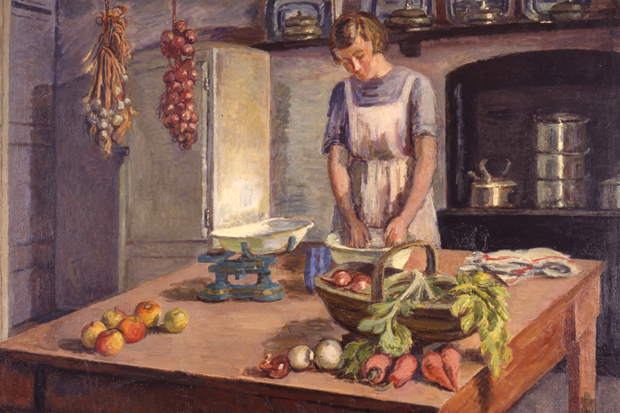
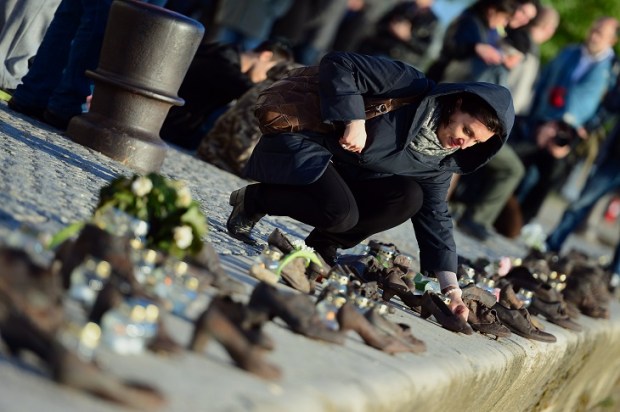
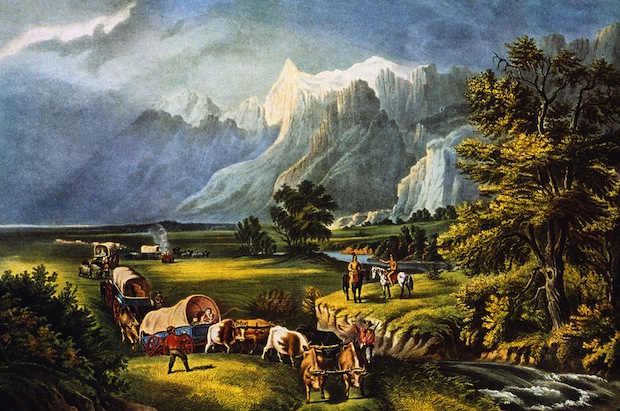

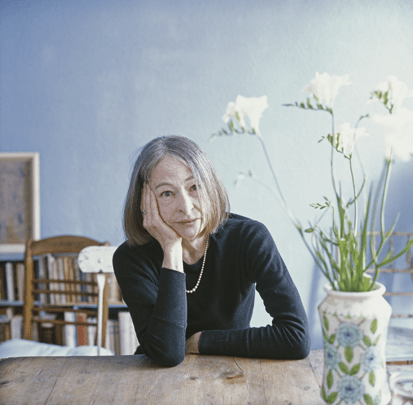
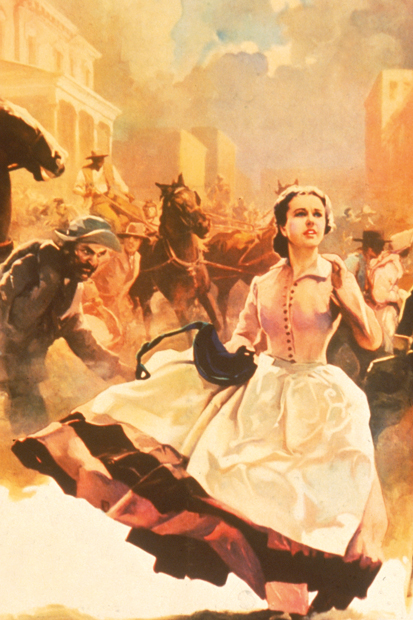







Comments
Don't miss out
Join the conversation with other Spectator Australia readers. Subscribe to leave a comment.
SUBSCRIBEAlready a subscriber? Log in